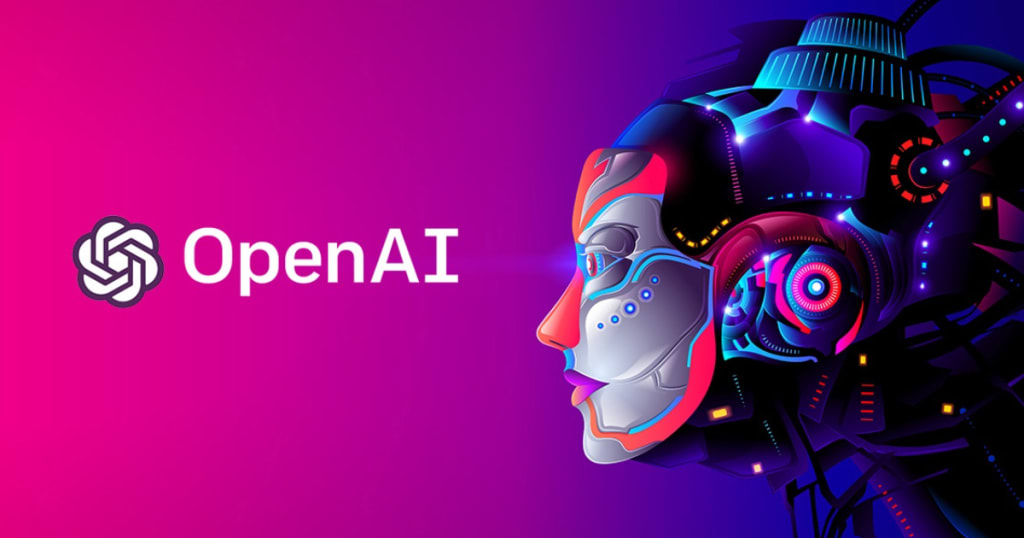
What is Ai ?
AI stands for Artificial Intelligence, which is the development of computer systems that can perform tasks that typically require human intelligence, such as learning, reasoning, problem-solving, perception, and natural language processing. AI systems can be designed to operate in various settings and domains, such as healthcare, finance, transportation, education, entertainment, and more.
There are different types of AI, including:
Rule-based systems: AI systems that are based on a set of rules and logical reasoning, and can make decisions based on predefined rules.
Machine learning: AI systems that can learn from data and experience, and improve their performance over time.
Deep learning: AI systems that use complex neural networks to learn from large amounts of data, and can achieve high levels of accuracy in tasks such as image and speech recognition.
AI has the potential to transform many aspects of society and improve human well-being, from healthcare and education to finance and environmental sustainability. However, there are also concerns about the impact of AI on employment, privacy, security, and social equality. As such, it is important to engage in ongoing dialogue and debate about the ethical, social, and legal implications of AI, and to develop policies and regulations that ensure its development and deployment in ways that are safe, fair, and beneficial for all.

How Ai affects our lives:
AI is affecting our lives in many ways, some of which include:
Automation: AI-powered systems and robots are increasingly being used to automate tasks that were once performed by humans, from manufacturing and logistics to customer service and finance. This is leading to significant increases in productivity and efficiency.
Personalized experiences: AI-powered recommendation engines and personalized advertising are becoming increasingly common, as businesses seek to tailor their products and services to individual customers.
Healthcare: AI is transforming the healthcare industry, with the potential to improve diagnosis, treatment, and patient outcomes. AI-powered medical diagnosis systems can help doctors to make more accurate and timely diagnoses, while robotics and automation can improve surgical outcomes and reduce the risk of infection.
Education: AI-powered tutoring and personalized learning systems are becoming increasingly common, as educators seek to tailor their teaching to the individual needs and abilities of students.
Smart homes: AI-powered home automation systems can learn and adapt to the preferences and habits of their occupants, making homes more comfortable, convenient, and energy-efficient.
Financial services: AI-powered systems are being used to analyze financial data, detect fraud, and provide personalized financial advice and recommendations.
Transportation: AI is transforming the transportation industry, with the potential to improve safety, efficiency, and sustainability. Autonomous vehicles and smart traffic management systems can reduce accidents, congestion, and emissions.
Entertainment: AI-powered systems are being used to create more realistic and immersive virtual worlds, as well as to personalize and optimize content recommendations for users.
Cybersecurity: AI-powered systems can analyze large amounts of data to detect and respond to cybersecurity threats in real-time, improving the security and resilience of digital systems.
Environmental sustainability: AI-powered systems can help to improve resource management, reduce waste, and develop more sustainable and equitable solutions to global environmental challenges.
However, the rapid development of AI also raises a number of ethical and societal issues. One of the most pressing concerns is the potential for bias and discrimination in AI systems, which can perpetuate and exacerbate existing inequalities and social injustices. Another issue is the impact of AI on privacy and security, as AI-powered systems collect and analyze large amounts of data about individuals and communities.
In conclusion, AI is a powerful and transformative technology that is affecting our lives in many ways, from automation and personalized experiences to healthcare and global challenges. While the potential benefits of AI are significant, it is also important to recognize and address the ethical and societal issues that arise from its development and deployment, in order to ensure that AI is used in ways that are safe, fair, and beneficial for all.






Comments
There are no comments for this story
Be the first to respond and start the conversation.